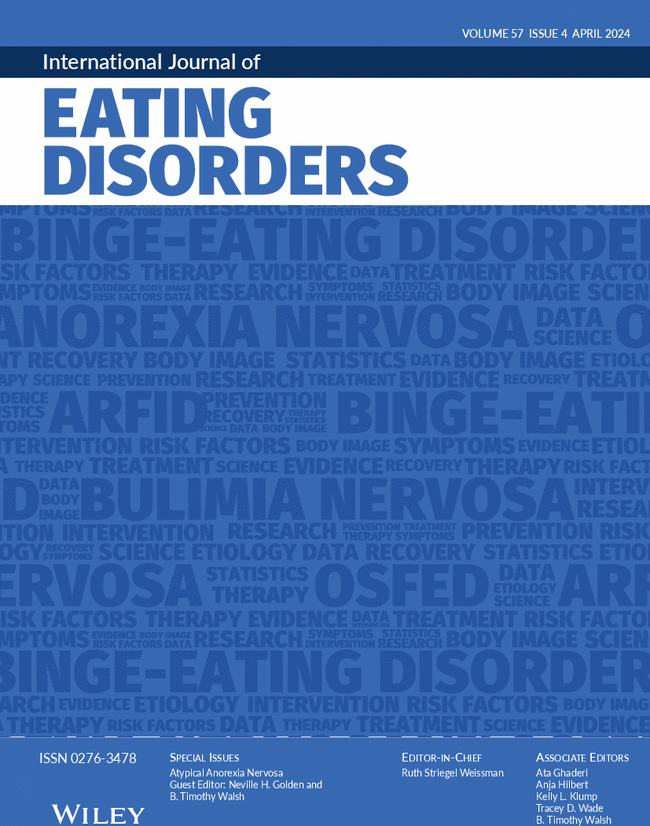Unpacking the Controversies of Weight Loss and Dietary Restraint With Binge-Eating Disorder: Commentary on Grilo and Pittman
Abstract
The study by Grilo and Pittman highlights two related controversies affecting the eating disorders field: (1) Is it ever appropriate to recommend behavioral weight loss (BWL) interventions to patients with binge-eating disorder (BED); and (2) Is dietary restraint beneficial or harmful? This paper explores reasons underlying these controversies and underscores the important nuances within these constructs within the context of Grilo and Pittman's findings. For example, people often subsume BWL as part of the umbrella term “dieting,” but extensive research shows clear differences between self-directed “dieting” and BWL intervention on both weight loss efficacy and on eating disorder psychopathology. In addition, it is critical to consider and understand the different types of dietary restraint. Increases in rigid restraint are often considered a negative outcome in the eating disorder field; however, Grilo and Pittman identify increases as beneficial for individuals with BED and obesity participating in a BWL intervention. There is a critical need in the eating disorders field to work together to better understand the nuance underlying these frequently used constructs.

 求助内容:
求助内容: 应助结果提醒方式:
应助结果提醒方式:


